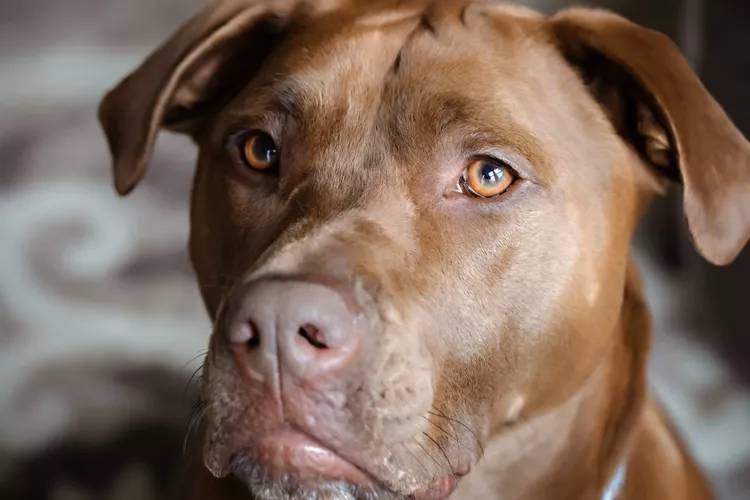
Our pups might be fine after eating a couple slices, but dogs shouldn't eat pickles because they're made with ingredients like garlic that can make them sick.
That's according to The Vets' Alejandro Caos, DVM. Your dog might be no worse for wear after eating a piece of pickle, but there's no reason to risk it. Especially when you have other, better options.
"My advice would be: Forget the pickling altogether," Caos says. "Just give cucumbers."
Here's what else you need to know about dogs eating pickles:
We make pickles by soaking cucumbers in a liquid compound and adding spices, and that's why dogs shouldn't eat them. We love what gives the pickles flavor, but those additives can really endanger our dogs.
Top of the list? Onions and garlic, two ingredients you'll find in plenty of pickle recipes. They're both Allium species, which are toxic to dogs and can cause anemia. Anemia occurs when dogs' blood lacks red blood cells or hemoglobin. Caos also warns that the Allium plants' toxicity can also attack your dogs' kidneys.
Then you have all the other ingredients like vinegar, cinnamon, sugar, and plenty of salt. In small amounts—especially what ends up on a single pickle slice or spear—these ingredients probably won't hurt your dog, but they're definitely not healthy. (It doesn't matter if it's a bread and butter pickle, dill pickle, or sour pickle. Keep them all clear of your dog.)
"Those herbs and those spices, those can also be detrimental to their health," Caos says.
These additives also pose additional dangers to dogs already dealing with a health issue like pancreatitis or obesity. In particular, too much sodium can exacerbate underlying heart disease, high blood pressure, or dehydration. If a dog eats a large amount of pickles in a short period of time, they can develop hypernatremia, or high blood sodium levels. Hypernatremia can lead to vomiting, loss of balance, and seizures.
Pickles are not good for dogs, but your pup snagging a piece off the counter probably isn't going to hurt them, Caos says. That's especially true for larger dogs who eat smaller pieces of pickle, thanks to their greater digestive fortitude. So don't panic.
As you keep an eye on your dogs, look for signs that they might be dealing with a reaction to the pickle's toxicity. Those include:
If you see any of those signs, it's a good idea to call your veterinarian and schedule a visit. Caos also recommends the ASPCA Poison Control Center if you'd like an expert to consult you over the phone.
Remember, dogs in most cases will be able to eat pickles without any issues. They just shouldn't eat them as a precaution.
Pre-pickled pickles—cucumbers—are a much better treat for your dog, Caos says. The low-calorie fruits contain fiber and tons of water, making them excellent snacks for overweight dogs who don't need any more treats.
But you should still consult with your veterinarian before introducing a new food into your dog's diet. Our pups should be getting most of their daily nutrition from their regular dog food, and you don't want to disrupt that.
Plus, each dog reacts to new food differently, so you'll want to start small, only giving your dogs teensy amounts of cucumber (or a different vegetable) to begin.

Cute Pictures & Facts About Calico Cats & Kittens
Learn fascinating facts about calico cats, including photos, the genetics behind this color combination, and common folklore and traditions.
How to Prevent Cat Separation Anxiety During Vacations
Discover why cats develop litter box problems and cat behavior problems when you go on vacation and what you can do about it to help them.
Cat Behavior Changes That Might Mean Something's Wrong
Cats' behavioral changes may indicate problems—or they may mean nothing at all. Explore causes of odd behavior and what to do about them.
Lhasa Apso: Dog Breed Characteristics & Care
The Lhasa apso is an ancient breed from Tibet that was bred to be a watchdog. Learn about its history, health, exercise needs, and more.
Reasons Why Dogs Run Away and How to Stop It
Dogs can escape, especially if they’re bored and not properly contained. Here are some techniques for stopping your dog from running away.
Can Dogs Get Depression? How to Help Your Sad Dog
Can dogs get depression? Learn about the signs of depression in dogs and find out how to help your sad dog.
How to Stop Aggression in Dogs
Dog aggression can be a serious behavior issue for pet owners. Learn how to stop aggression in dogs before someone gets hurt.
How to Stop Your Dog From Growling
A growling dog can soon become even more aggressive. Reduce the noise and potential for a dangerous situation with some of these techniques.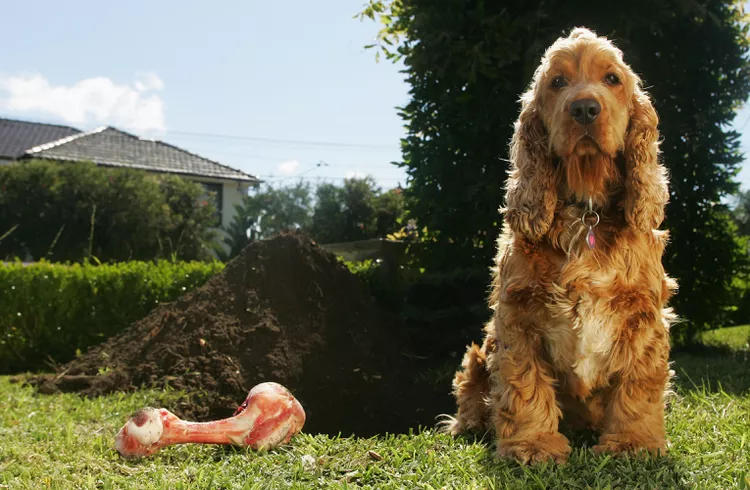
Why Do Dogs Dig Holes? How to Stop Your Dog from Relandscaping Your Yard
Dogs have been digging holes for centuries and for many reasons. Whether they’re bored or want to cool off in the dirt, here are the top reasons why dogs dig holes.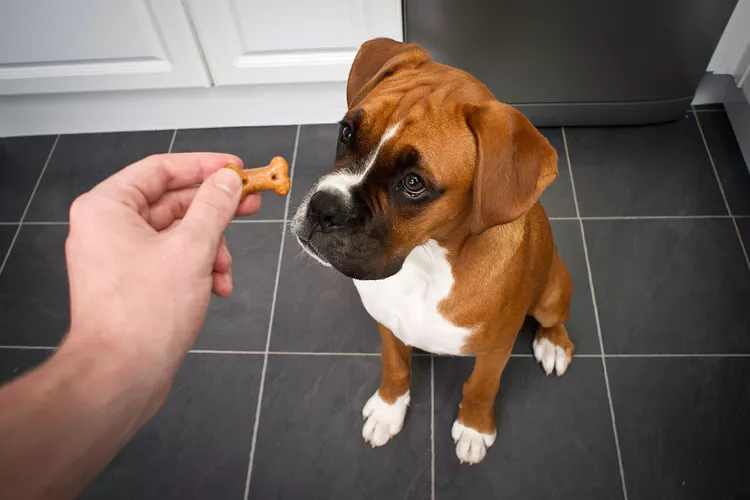
Dog Treat Varieties
Learn about the different types of dog treats on the market and decide which are best for your dog.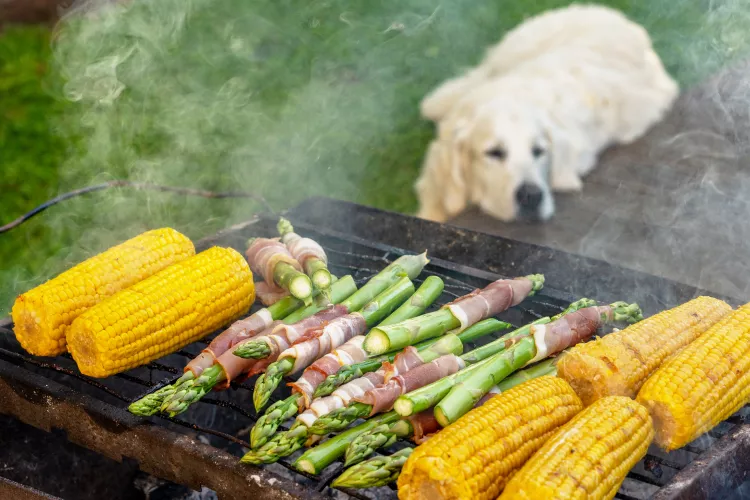
Can Dogs Eat Asparagus?
Dogs can eat asparagus, provided the vegetable is cooked plain and cut up for them. Seasonings, salt, and butter make it unhealthy for dogs.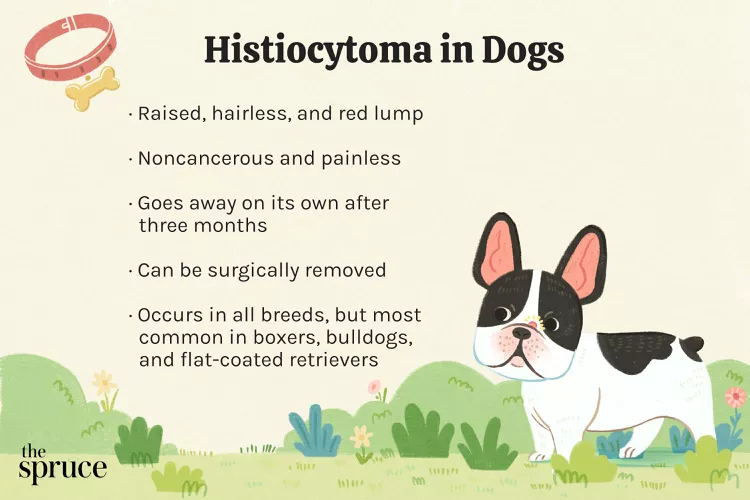
Histiocytomas in Dogs
A histiocytoma is a type of benign (non-cancerous) skin lump that usually affects young dogs. Learn the causes, treatment, and prevention.
Why Is My Dog’s Eye Swollen?
If your dog's eye is swollen, she may need veterinary attention. The inflammation could be caused by allergies, an injury, or even a tumor.
Common Bugs and Parasites Found on and Inside Dogs
Learn about common types of parasites in dogs. Find out how to treat and prevent parasites to keep your dog, your family, and yourself safe.
Exploring the Different Types of Pet-Friendly Beaches
Are you looking for pet-friendly beaches? Learn about the different types of pet-friendly beaches, their locations, and tips for visiting them with your pet.
10 Obscure, Little-known Canine Facts in Honor of National Dog Day
With National Dog Day upon us, it's time to celebrate everything about our favorite pets—even the weirder stuff. Here are 10 obscure facts about dogs you probably didn't know.
Kitten Development From 3 to 6 Months Old
Kittens grow and change a lot during their first year. Find out what happens between the ages of three months and six months old.
95 Siamese Cat Names
Our list of Siamese cat names has diverse and fun options to help you choose the ideal moniker for your elegant and lovable feline companion.
What to Buy for Your New Cat: A List of Essentials
Before you bring your new cat or kitten home, there are a number of things to collect or buy so your cat will feel welcomed like a family member.
The 6 Best Cat Nail Clippers of 2024 for a Safe Trim
Clipping your cat's nails can save your furniture and keep your kitty comfortable. We asked veterinarians for their cat nail clipper recommendations.